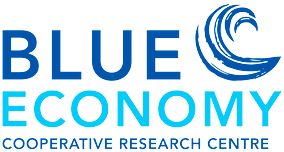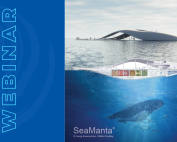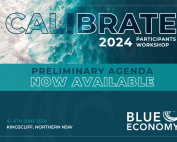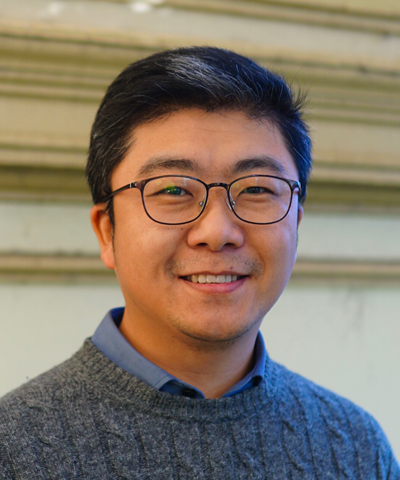
Dr Hongjun Fan
Faculty, School or Institute:
Australian Maritime College
University:
University of Tasmania
Projects Involved In:
Start Date: 01/02/2023
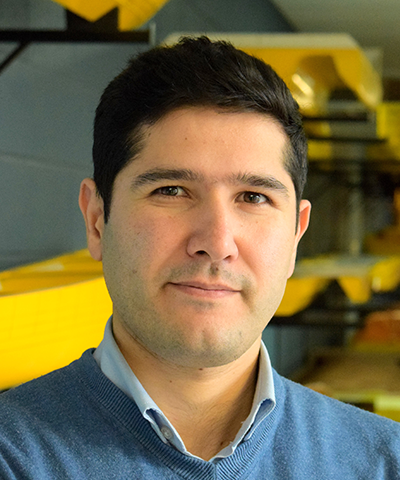
Saeed Mohajernasab
Faculty, School or Institute:
Australian Maritime College
University:
University of Tasmania
Projects Involved In:
- Code of Practice for Aquaculture Vessels
- Identifying the potential of floating artificial benthic ecosystems to underpin offshore development
- Novel Offshore Fish Pen Design: Phase 1 (Conceptual Development)
Start Date: 03/05/2022

Laura Griffiths
University:
School of Environment and Science -Ecology and Evolution, Griffith University
Project Involved In:
Marine Spatial Planning for a Blue Economy
Start Date:
April, 2022
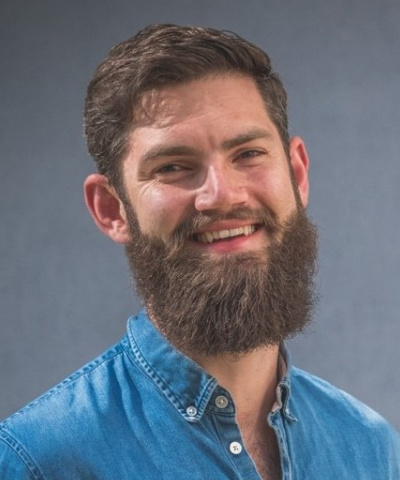
Mischa Turschwell
University:
Australian Rivers Institute and Coastal and Marine Research Centre, Griffith University
Project Involved In:
Marine Spatial Planning for a Blue Economy
Start Date:
July, 2022
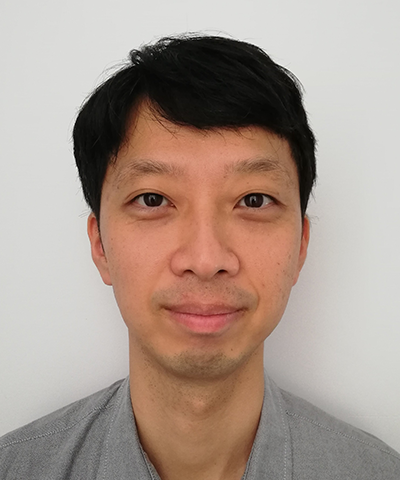
Yunil Chu
University:
Cities Research Institute, School of Engineering and Built Environment, Griffith University
Project Involved In:
Novel Offshore Fish Pen Design: Phase 1 (Conceptual Development)
Start Date:
Feb, 2021

Md Alamgir Hossain
University:
Queensland Micro- and Nano-technology Centre, Griffith University
Project Involved In:
DC Microgrids for Offshore Applications
Start Date:
March, 2021
